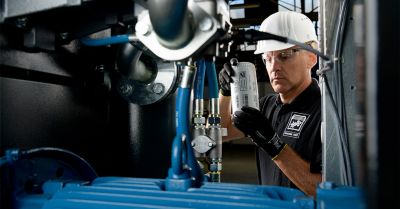Browse through our articles
We’ve made it easier for you to navigate by sorting our blogs into the following categories in the tabs component:
⬇️ Other Topics
⬇️ All Blogs
Feel free to explore the blogs below, and use the tabs to view articles sorted by topic. If you have any questions or need assistance with your specific situation, Contact Us – we’re here to help.
- Latest blogs
- Compressed air basics
- Types of Air Compressors
- Air Treatment
- Energy Efficiency
- Other Topics
- All Blogs






































